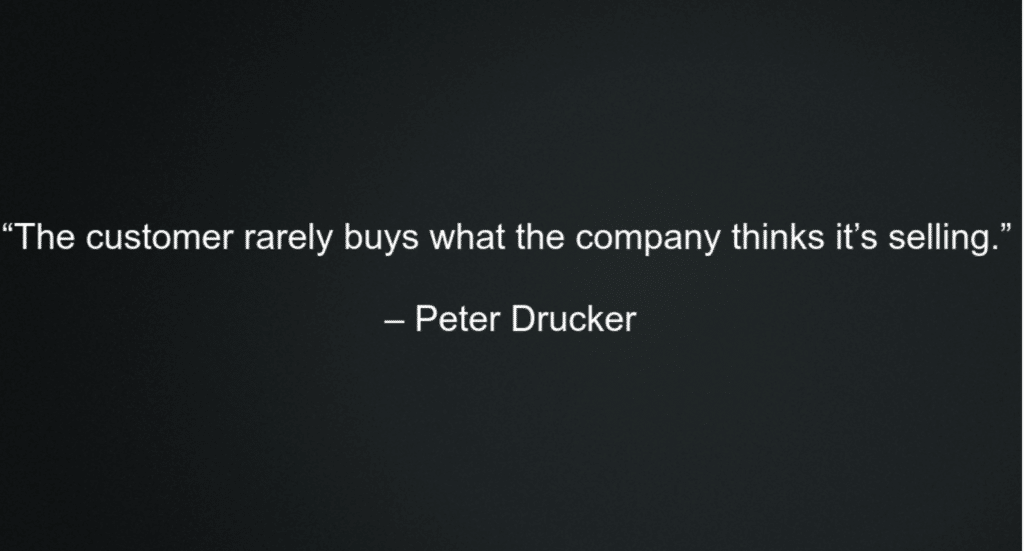
The Day of Drucker

It was Peter Drucker Day recently, or more appropriately the day of an annual conference in Vienna celebrating his life and thinking. For those who don’t know, Drucker was one of the best known management gurus and consultants for half a century, from 1950 until 2000. He was still influential at business school when I did my MBA, among those less enamoured with the fashionable Chicago school of the time.
Drucker’s professional career, like mine, stretched across the range of office environments from whole paper based, with an ashtray on the desk, right through to the blackberry enabled always on lifestyle of the noughties. The always on lifestyle combined with the shift to remote working has brought the work and stress levels traditionally associated with the masters of the universe in the investment banking, consulting and legal industries into the life of everyone, although without the requisite increase in remuneration.
As I think of my paper laden desk at a government office in the 1980s, now a health and safety hazard due to the ashtray, I am struck by the fact that the processing time for payments was 3 days from application, all done on paper files and handwritten forms. The introduction of high-tech systems over the last 30 years now delivers the same result in a processing time of 4 – 6 weeks. More secure, infinitely more auditable, but still much slower. Evidence of the truth of Drucker’s observations,
so much of what we call management makes it difficult for people to work.
And certainly, the move towards a more data driven and technology-based business culture has resulted in a very different, although not noticeably better way of doing things. I suspect much of the problems presented by what is increasingly called technology, without the new, but in reality is a confluence of the telecom, cloud, computing and data industries, that are the outworking of the systems view of the world so popular among the intelligentsia of the early 90s. Business, commerce, and government viewed as a system is bound to be fundamentally dehumanising, overlaying structures without appropriate change management processes have a similar effect on employee morale. The issue with systems thinking is the unwillingness to properly consider the view of those within the system, and the need for neatly mapping the unruly actions of humans.
If one takes a people focused approach, much of the fog of technology can be lifted. Most organisations exist to deliver or service a function for people. People are the ultimate consumers of everything we produce. Once we see organisations as networks of people doing great things with data, cider or delivering government services as our primary lens for viewing the organisation, rather than departments or technology stacks, it becomes much easier to plan an organisational strategy, which in turn can be cascaded to the people charged with the doing. This can then be applied to finding solutions to our customers’ needs in whatever form that may take.
Regardless of what the tech sector may wish us to believe, it is the people who we work with that create, develop and maintain successful businesses and agencies, and it is the customers or service users who derive the value of our output. Technology is an empty box without real people to enable it, and good technology is designed to meet a human need. Once the technology is making it hard for people to work, it has ceased to have a use and value.
We can help…
- organisations of all sizes understand their mission-critical data capabilities, and build an action plan for strategic change. Get in touch if you want to find out more.
- with a one-hour intense Consultant Clinic session, if you are not sure whether you want to commit to a large engagement but you want to understand your data issues and develop a strategy.
- if you want to chat about a very specific problem with one of our Emeritus Advisors, check out our Advisor Clinics.


